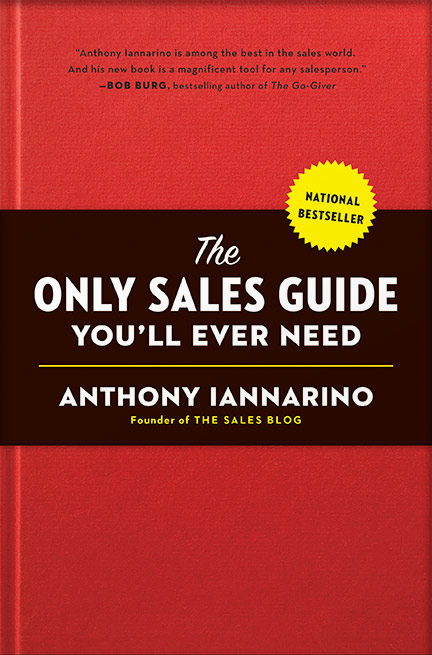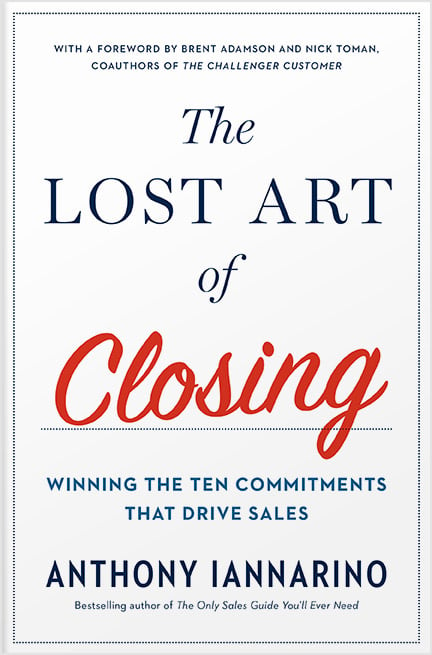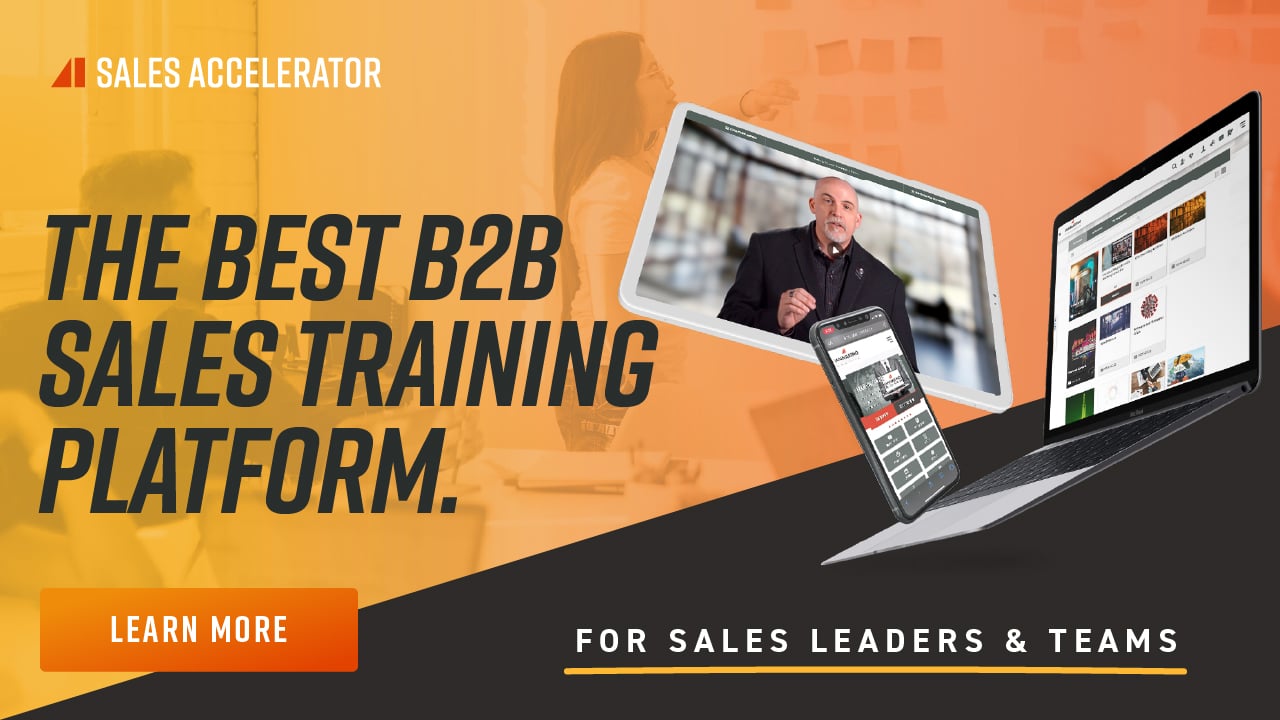The Gist:
- The long arc that makes up the evolution of sales moves from more transactional behaviors to strategies that allow you to create value for your clients.
- The idea of Level 4 Value Creation explains why your product or solution may not be valuable to buyers or the sales conversation.
- Building sales calls and meetings around creating value for your clients will win you more deals.
The evolution of professional sales is moving towards value creation and away from more transactional approaches. You may have noticed that any sale that can reduced to a transaction is now being handled by a computer via the internet. To track this trend and its implications, we have to go back in time to when there was no internet and the world was a bit more stable. At that time, the venues available to bring attention to your product or service were limited to direct mail (including catalogues), television, and radio. Because there were relatively few channels, though, everyone read, watched, and listened to the same programs.
It was also more difficult to obtain information about the things you wanted or needed to buy. The role of a salesperson was, in large part, to provide that information. Armed with a catalogue and knowledge of their products’ features and benefits, the salesperson informed their prospects, overcame their objections, and worked to close the person (a very different approach than closing the deal). The “why us” approach, which started by proving that your company is good and trustworthy and then gave your prospective client information on your products, was both effective and necessary. At the time, this approach would have been considered value creation, but it’s inadequate when it comes to contemporary B2B sales.


Complexity and Changing Stakes
Scott Page, the Leonid Hurwicz Collegiate Professor of Political Science, Complex Systems, and Economics at University of Michigan, defines complexity this way: “When we describe something as complex, we mean that it consists of interdependent, diverse entities, and we assume that those entities adapt—that they respond to their local and global environments.”
One of the dominant factors that shaped our present is globalization, creating an environment that is increasingly interdependent. The United States has never had anything close to something like the “splendid isolation” the Founders dreamed possible. The most recent recognition of our interdependence occurred during the 2020 pandemic, when we discovered we were lacking personal protective products like masks, as well as common medicines, whose supply chains depended on China. But it’s not just about different countries and different economies: it’s also the diverse entities that live, thrive, survive, and die inside the global economy, including governments, institutions, companies, and individuals. All of these entities adapt—or fail to adapt—over time.
If you had to pick a date for when we started to change the way we sell, you could easily support 1958, the year Toyota sold the first Toyopet Crown, even though it would be decades before they would dominate the industry with their high quality and relatively low prices. In a complex environment, one must maintain constant awareness of the environment and how to adapt to it. Regardless of the industry, when the stakes change, you either adapt or you suffer and disappear.


Legacy Solutions
The reason sales evolved from products and services to solutions is that the complexity caused companies and the people who lead them to address larger challenges, ones that went beyond simply providing a product. My copy of Consultative Selling: The Hanan Formula for High Margin Sales at High Levels is the seventh edition. The first edition was published in 1970, so I’m sure parts of Hanan’s work have evolved, but let’s assume the core of his model has been consistent over time.
Hanan taught that the salesperson should sell in a way that allowed them to improve their client’s profitability. The preface of the book begins with this sentence: “Consultative Selling is the delivery system for value.” The value Hanan was describing was an improvement to the client’s overall profitability.
Even though few sell with as high a bar as Hanan set, the profession moved towards a more consultative approach, where problem-solving replaced the transfer of basic information about the company and its products. Conversations with salespeople who could only provide information, without solving a real business challenge, were no longer useful to prospective clients. More recent developments have eliminated the transactional salesperson. There is no reason a salesperson should carry a large case with catalogs and samples, as the internet provides far more information with only a few clicks.


The Age of Value Creation
Our approaches to sales have for some time been pulled in two different directions. Anything transactional is becoming even more transactional. However, when decisions are complex, strategic in nature, and require insights and creative solutions to avoid negative consequences, it’s that much more vital that a salesperson (and increasingly their teams) be even more consultative.
The legacy approaches to sales look for a problem to solve with a premade solution, an approach that still has value to offer even if it has lost some of its advantages. A modern approach moves us closer to a truly consultative approach, one that works toward a more strategic outcome for the client—with a greater need to look at the entire organization and enable decisions that are certain to require consensus.
In a complex environment, the rules are “constant awareness” and “frequent movement.” The world is in a state of constant, accelerating, disruptive change, and the more frequently those changes hit, the more we need to adapt. A solution that was designed for a simpler time is inadequate for this time, including our assumptions about and approach to sales.
As the greater value your clients need includes insights, creative solutions, competitive advantage (even if temporary), and help making change, legacy approaches that lack the ability to help enable change are going to continue to lose their value. If you find selling to be more difficult than in the past, some part of that may be the environment, but you can’t escape the need to adapt.
Do Good Work:
- What transactional approaches might you still be using?
- How much has your sales approach evolved in the last five years?
- How much value do you create for your client in the sales conversation?









.jpg?width=768&height=994&name=salescall-planner-ebook-v3-1-cover%20(1).jpg)


